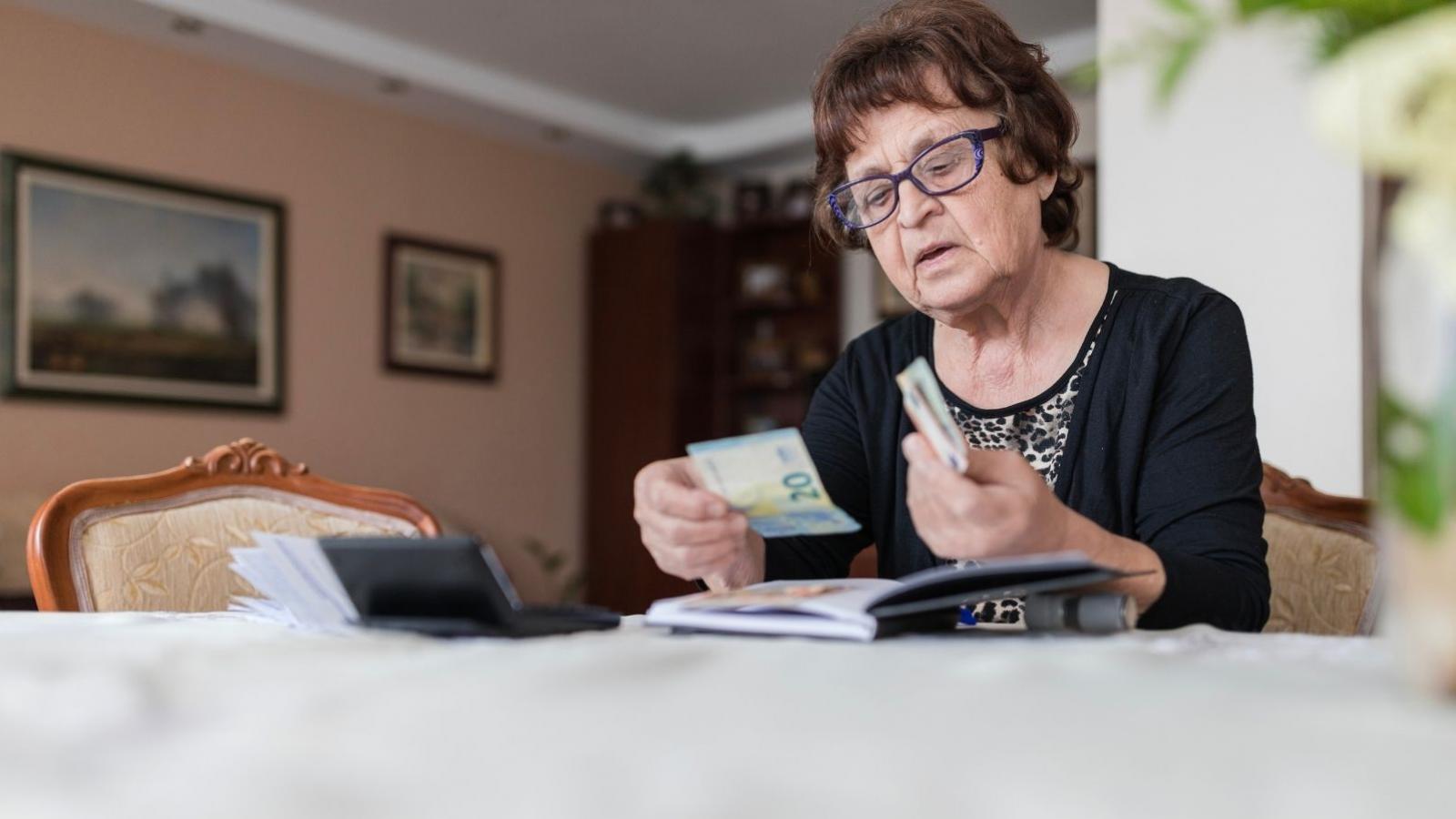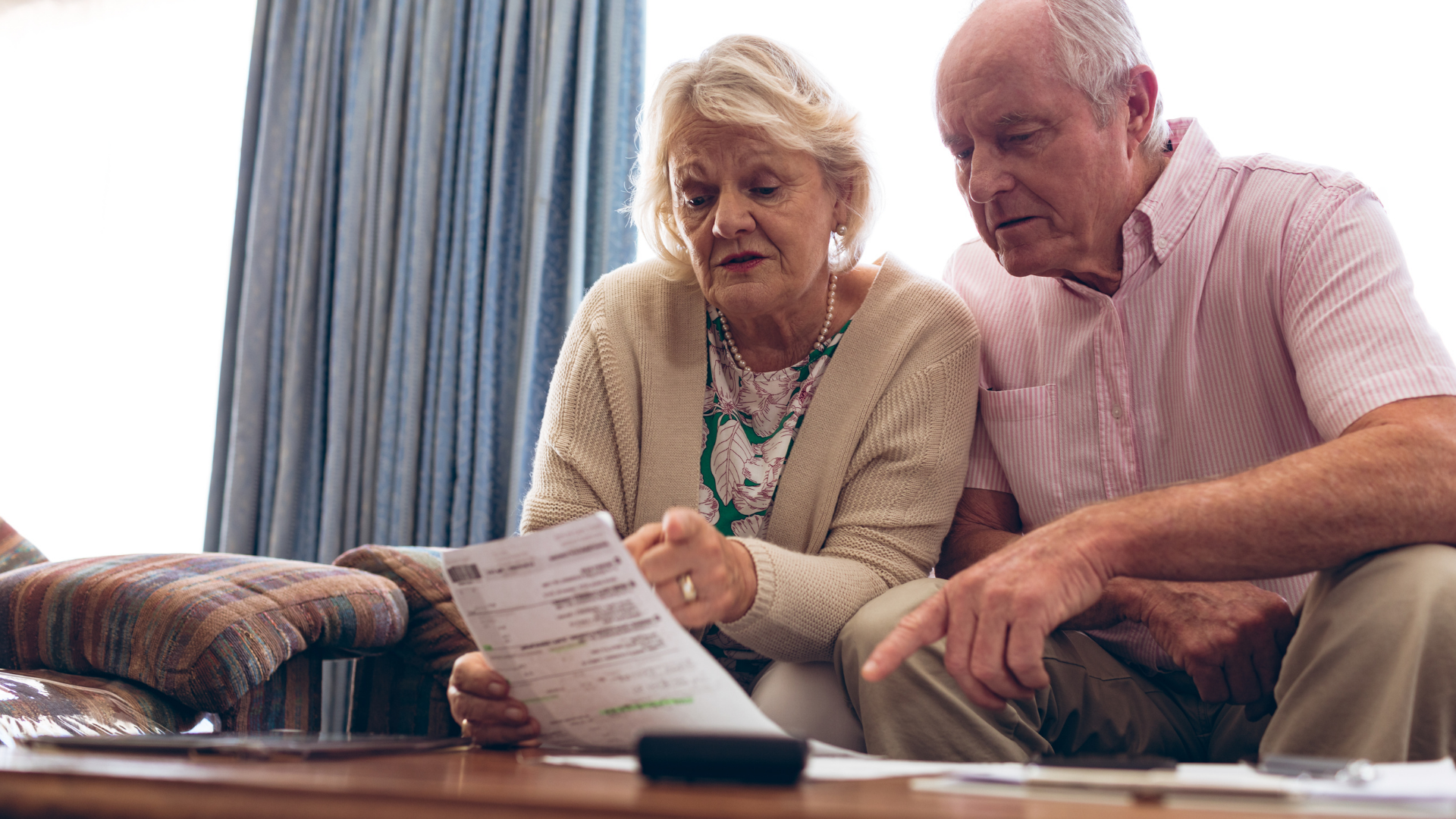Coping with financial difficulties

Many people with a cancer diagnosis find their income is reduced and they have extra expenses, such as travel costs and medication. It is hard to cope with financial difficulties, especially if you’re worried about your health or aren’t feeling well, but there is support to help at this time.
Get advice about benefits and entitlements
- If you believe you are entitled to a social welfare payment, make contact with the Department of Employment Affairs and Social Protection as soon as possible. The Department has a useful website www.mywelfare.ie, where you can learn more and apply for many benefits.
- The Citizens Information website has easy-to-follow information on applying for social welfare payments and medical cards. You can also ask a medical social worker or look at our Benefits Hub.
Talk to your employer and service providers
They might be more willing to help if they know you are under financial pressure due to your cancer diagnosis or treatment. There’s no need to feel embarrassed – it’s very common for people with cancer to have money worries.
Get in touch with MABS
The Money Advice and Budgeting Service (MABS) can help if you find yourself in serious financial trouble and need help with budgeting and sorting out your finances. MABS can look at your situation, work out your budget, help you to deal with your debts and manage your payments. The service is free and confidential. Call the MABS Helpline 0761 07 2000 for information.
Get an advocate
It can be helpful to have someone to act for you at this difficult time. An advocate is someone who can speak on your behalf, for example, a Citizens Information representative or a social worker based in a hospital or in the community. They can help you to access and communicate with services and institutions.

Managing stress and anxiety
Money worries can be hard to cope with, on top of worries about your health. You may feel you have to put on a brave face, or worry that talking about money worries or your feelings will put a burden on your family members.
Talk about your worries
Talking to someone can be a great help when you’re worried about money. Share your worries with friends and family, or talk to your medical social worker or specialist nurse for support and advice. Our cancer nurses are also here for you and your family – call our Support Line on Freephone 1800 200 700 or visit a Daffodil Centre.
Get help if you’re feeling overwhelmed
It’s important to be kind to yourself and get help if you’re feeling overwhelmed. Our cancer nurses can listen, tell you about support available and advise you on managing your finances. They can also organise free one-to-one counselling at our affiliated cancer support centres. Go to a Daffodil Centre or call our Support Line on Freephone 1800 200 700.
After a cancer diagnosis, you might feel overwhelmed if you have money problems or you might find it difficult to ask for help. It’s natural to feel embarrassed at having to do this, but it’s not unusual to have money worries after a cancer diagnosis, and there are benefits and services to help you.
Budgeting
- You may have to budget. For example, to cut back on food and clothes shopping or look for cheaper alternatives. You might also consider cutting back on energy costs, such as by turning off the heat for a few hours, and wearing more clothes. You may have to cut down on extras like holidays and leisure activities. If you need help, the Money Advice and Budgeting Service (MABS) can look at your situation, work out your budget, help you to deal with your debts and manage your payments. The service is free and confidential.
- If you’re finding it hard to pay back loans or your mortgage, let the lender know. It may be possible to reduce monthly payments or have a short break from mortgage payments. Seek advice from MABS on your options before speaking to your lender.
Support from friends and family
Don’t feel embarrassed to accept help from family and friends, neighbours and work colleagues. This may include help with transport to and from hospital, with childcare, grocery shopping, cooking, housework, or providing accommodation if you need to travel a long distance for your treatment. Accepting support means your family and friends can feel useful at a difficult time and can make things easier on you financially.
Borrowing and savings
Most people diagnosed with cancer and undergoing treatment need to make adjustments to their new situation. These can include using some or all of your savings (if you have any), borrowing from friends, family and/or employers, or from banks or credit unions. But remember that it can be hard to repay loans. Avoid the services of moneylenders and payday loan companies, as their interest rates are extremely high and you will pay back a huge amount of interest on top of the amount you borrowed.
Benefits
- People often struggle on the money they are given through the Department of Employment Affairs and Social Protection. This includes the Illness Benefit, Invalidity Pension or Disability Allowance.
- If you are self-employed, it can be very difficult to qualify for any State support, especially if you cannot work. More than likely you will apply to the Department of Employment Affairs and Social Protection for emergency funding or Supplementary Welfare Allowance.
- Our Benefits Hub has more information on financial support that you may be entitled to.
Charities
It might feel strange or uncomfortable to ask for help from a charity. It’s worth remembering, though, that lots of people with cancer have money worries, and the charities are there to help you. Charities helping people with cancer and their families usually help with small crisis situations, rather than larger ongoing financial problems.
For more information
Phone
1800 200 700




